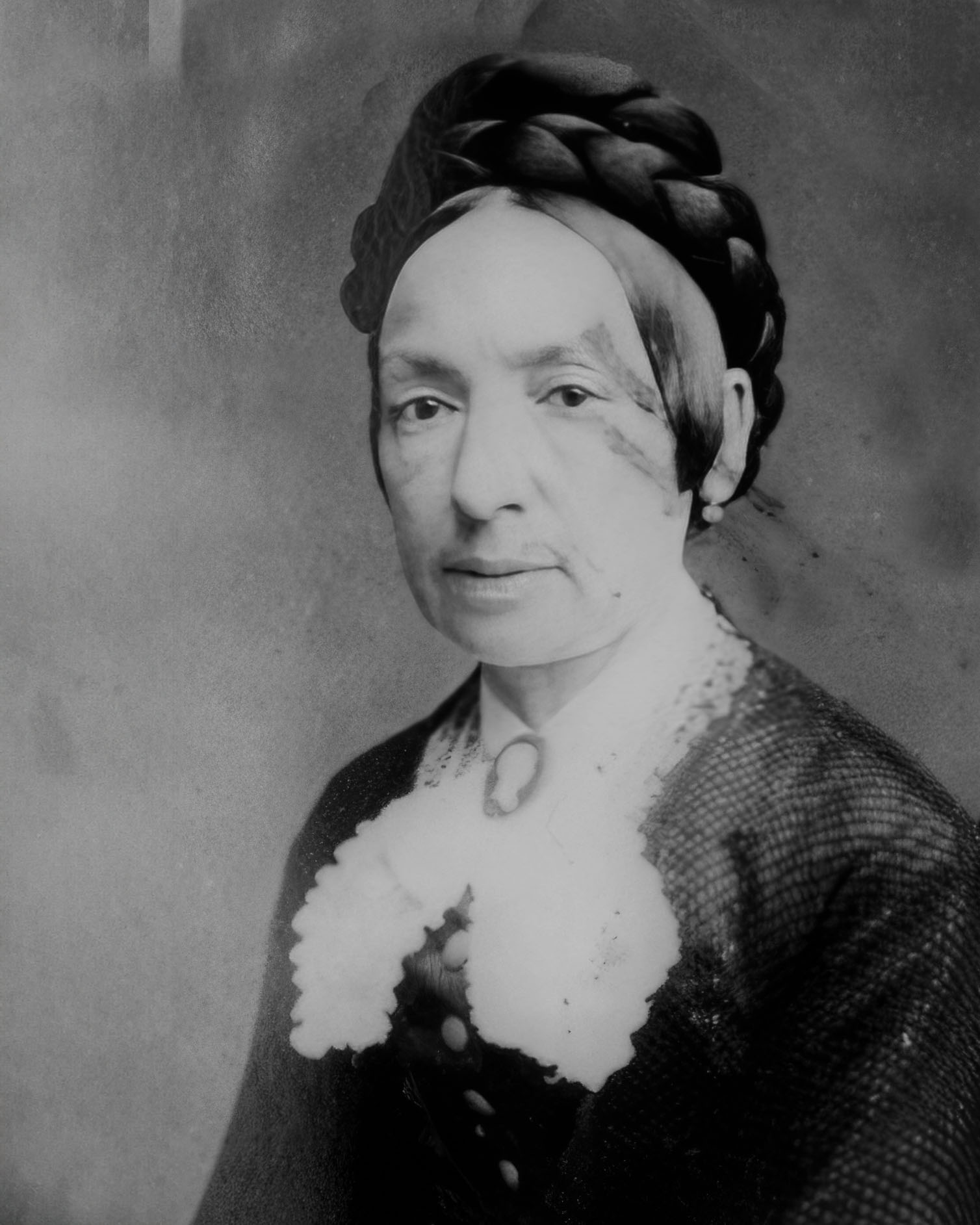00:00
Julie von Baroni-Cavalcabò
16.10.1813 – 3.7.1887
Born in Lviv, Julie Baroni-Cavalcabò spent her childhood and adolescence in a house known for hosting musical society events. At the age of thirteen, she caught the eye of Johann Nepomuk Hummel with her virtuosity on the piano during such an event. The centre of these musical activities was Franz Xaver Mozart, who not only found accommodation at the Baroni-Cavalcabò house but was also responsible for Julie’s musical lessons. A joint concert tour took Julie and Mozart to Leipzig, among other places, where they met Robert Schumann, who praised the Allegro op.8 of the “musical granddaughter of Mozart”. From 1838 on the composer lived in Vienna. Her musical oeuvre mainly includes compositions for piano and numerous songs.

Stefan Mendl’s thoughts on the work
Julie von Baroni-Cavalcabò received her private music lessons from Franz Xaver Mozart, the younger son of W. A. Mozart, and was therefore once described by Robert Schumann as a musical granddaughter of Mozart. As Franz Xaver had a love affair with Julie’s mother Josephine, there were also rumors that the composer was an actual granddaughter of Mozart. In any case, her private music teacher looked after the young artist with great care and also took her on concert tours. Whatever her parentage, Julie Baroni-Cavalcabò is certainly the grandmother of the composer Vilma von Webenau.
Her short duet for soprano, baritone and piano “Zwist und Sühne” depicts an ironic, humorous love skirmish. In it, two lovers affirm how easily they could live without each other, but then very quickly find a happy ending together. The whole thing is simple, well-paced and charming, like one of the many paintings that depicted so-called “shepherd’s plays” in the 18th century – an enchanting mini sing-along.
